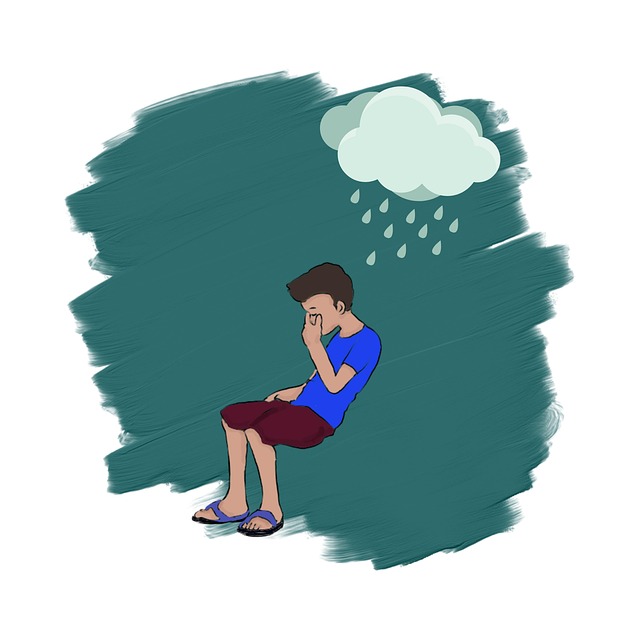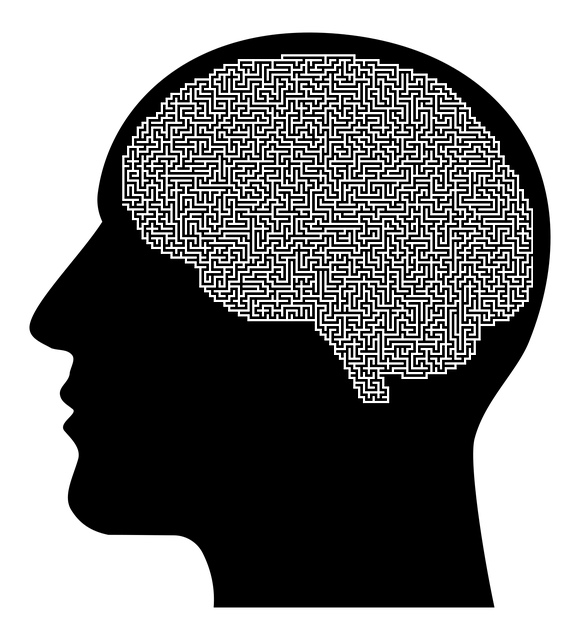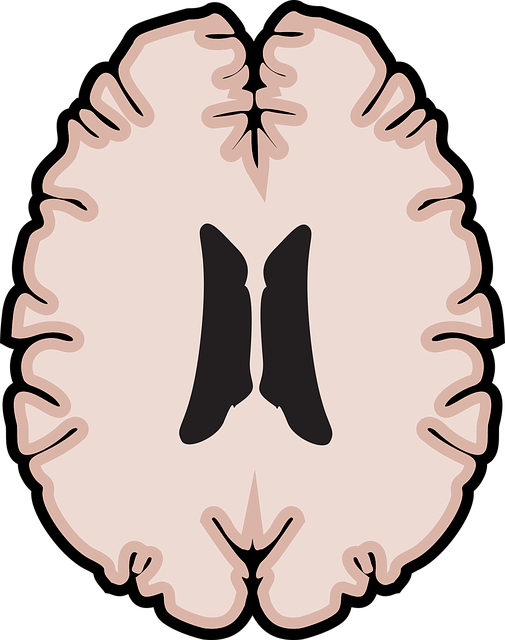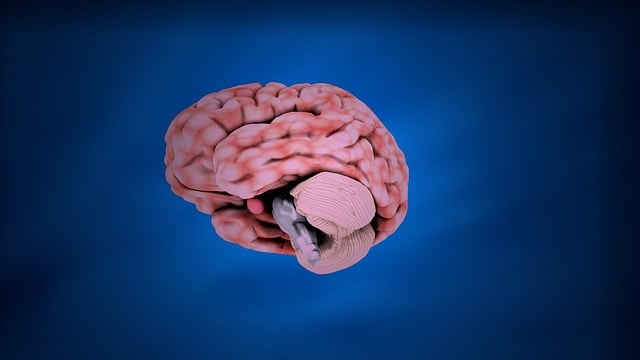Anxiety among young adults is a common struggle, manifesting through various symptoms like persistent worry, insomnia, and social withdrawal. Recognizing these signs is key to accessing effective treatments, such as therapy (including cognitive-behavioral therapy and grief counseling), which help individuals understand triggers, challenge negative thought patterns, and develop healthy coping strategies. Grief counseling, specifically tailored for young adults, addresses emotional root causes, promotes positive thinking, and equips them with tools like mindfulness practices to manage stress and anxiety, ultimately improving their overall well-being.
Anxiety is a prevalent concern among young adults, with many facing daily challenges due to its subtle yet powerful grip. This article explores effective strategies to manage this complex emotion, focusing on grief counseling as a potent tool and practical therapy techniques tailored for young adults. By delving into common triggers and symptoms, we aim to provide insights that empower individuals to navigate their anxiety and foster resilience through tailored support and evidence-based practices.
- Understanding Anxiety in Young Adults: Unveiling Common Triggers and Symptoms
- Grief Counseling as a Powerful Tool for Overcoming Anxiety
- Practical Therapy Techniques for Effective Anxiety Management
Understanding Anxiety in Young Adults: Unveiling Common Triggers and Symptoms

Anxiety among young adults is a prevalent issue that can significantly impact their daily lives and overall well-being. It’s essential to recognize that anxiety manifests differently for each individual, but there are common triggers and symptoms worth understanding. Many young adults experience heightened anxiety as a response to various stressors, such as academic pressures, social interactions, or personal relationships. These triggers can often be identified as specific situations or concerns that induce feelings of fear, worry, or restlessness.
Symptoms of anxiety in this demographic may include persistent worry, insomnia, difficulty concentrating, and physical manifestations like increased heart rate or stomach discomfort. Some young adults might also struggle with social withdrawal, avoidance behaviors, or even severe panic attacks. Recognizing these signs is crucial as it paves the way for seeking appropriate help. Therapy, specifically tailored for young adults, such as cognitive-behavioral therapy (CBT) and grief counseling, has proven effective in managing anxiety. These therapeutic approaches empower individuals to understand their triggers, challenge negative thought patterns, and develop healthy coping strategies for stress management.
Grief Counseling as a Powerful Tool for Overcoming Anxiety

Grief counseling offers a powerful tool for young adults struggling with anxiety. Often overlooked as solely a response to loss, grief therapy empowers individuals to process and overcome a range of emotions, from sadness to fear. This therapeutic approach delves into the underlying causes of anxiety, helping clients understand their triggers and develop coping mechanisms tailored to their unique experiences.
By integrating mind over matter principles, grief counseling encourages positive thinking and resilience. It provides a safe space for individuals to express their feelings without judgment, fostering an environment conducive to healing. This supportive setting allows young adults to reframe negative thought patterns, enhance emotional intelligence, and cultivate strategies for burnout prevention. Ultimately, grief counseling equips individuals with the tools necessary to navigate anxiety’s challenges and embrace a more balanced and fulfilling life.
Practical Therapy Techniques for Effective Anxiety Management

For young adults grappling with anxiety, practical therapy techniques offer a roadmap to managing and overcoming their symptoms. One highly effective approach is grief counseling, tailored to address the unique challenges faced by this demographic. Anxiety often stems from unprocessed emotions, and grief counseling provides a safe space to explore these feelings. Through guided discussions, individuals learn to identify and express their emotions, fostering inner strength development and anxiety relief.
Incorporating mindfulness practices into therapy sessions is another powerful strategy. Mental illness stigma reduction efforts have made significant strides in normalizing techniques like meditation and deep breathing exercises. These tools empower young adults to navigate stressful situations with heightened awareness and poise, ultimately reducing the impact of anxiety in their daily lives.
Anxiety management is a journey unique to each young adult, and combining understanding with practical tools can be transformative. While grief counseling offers profound support, various therapy techniques empower individuals to navigate anxiety effectively. By recognizing triggers, embracing counseling, and adopting practical strategies, young adults can find lasting relief and enhance their overall well-being, ensuring a brighter future free from anxiety’s grasp. This holistic approach, incorporating both therapeutic methods, is key to fostering resilience and promoting healthy mental habits.










